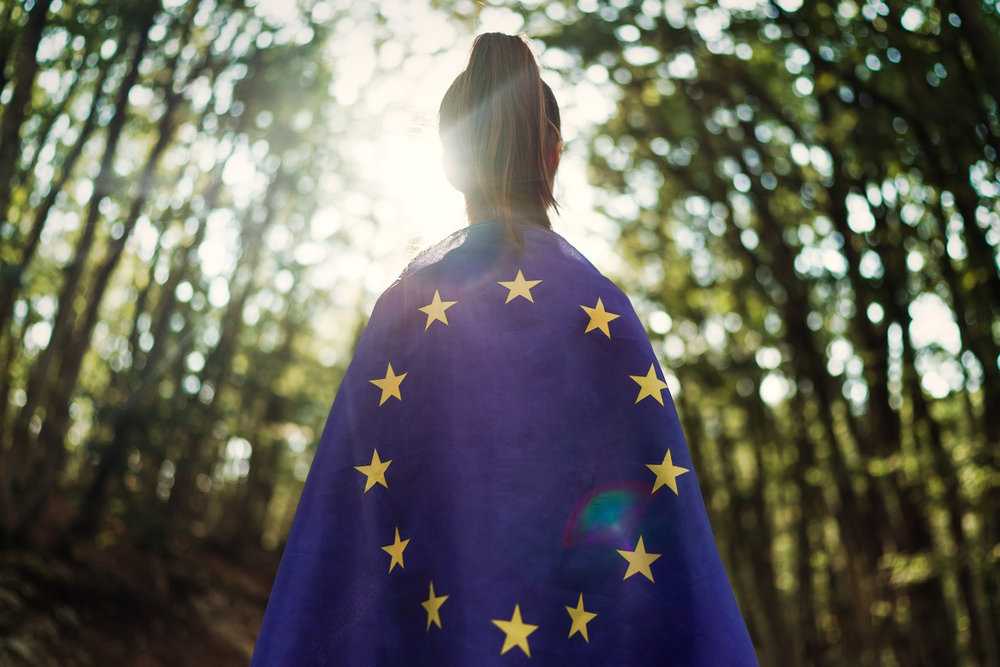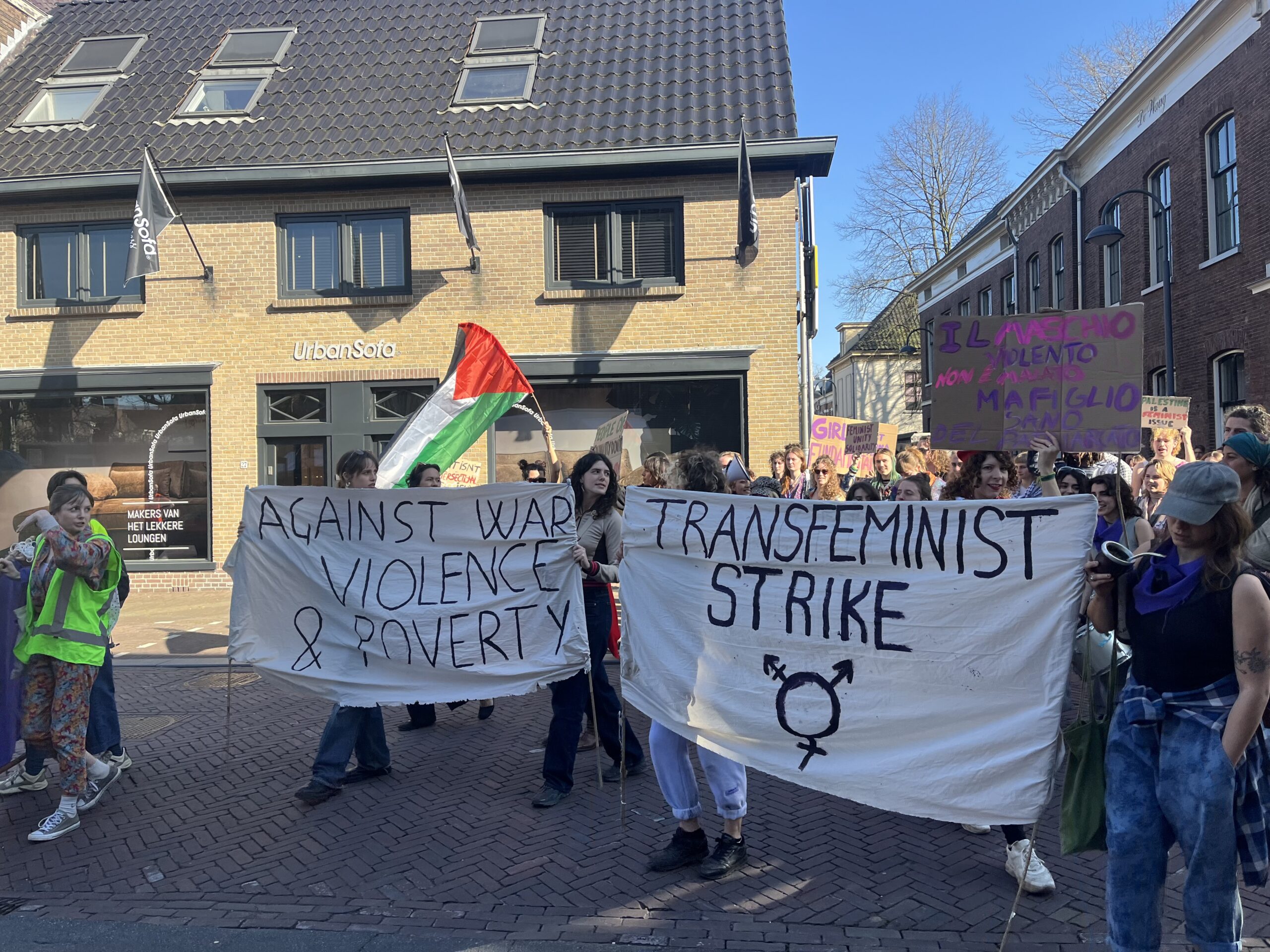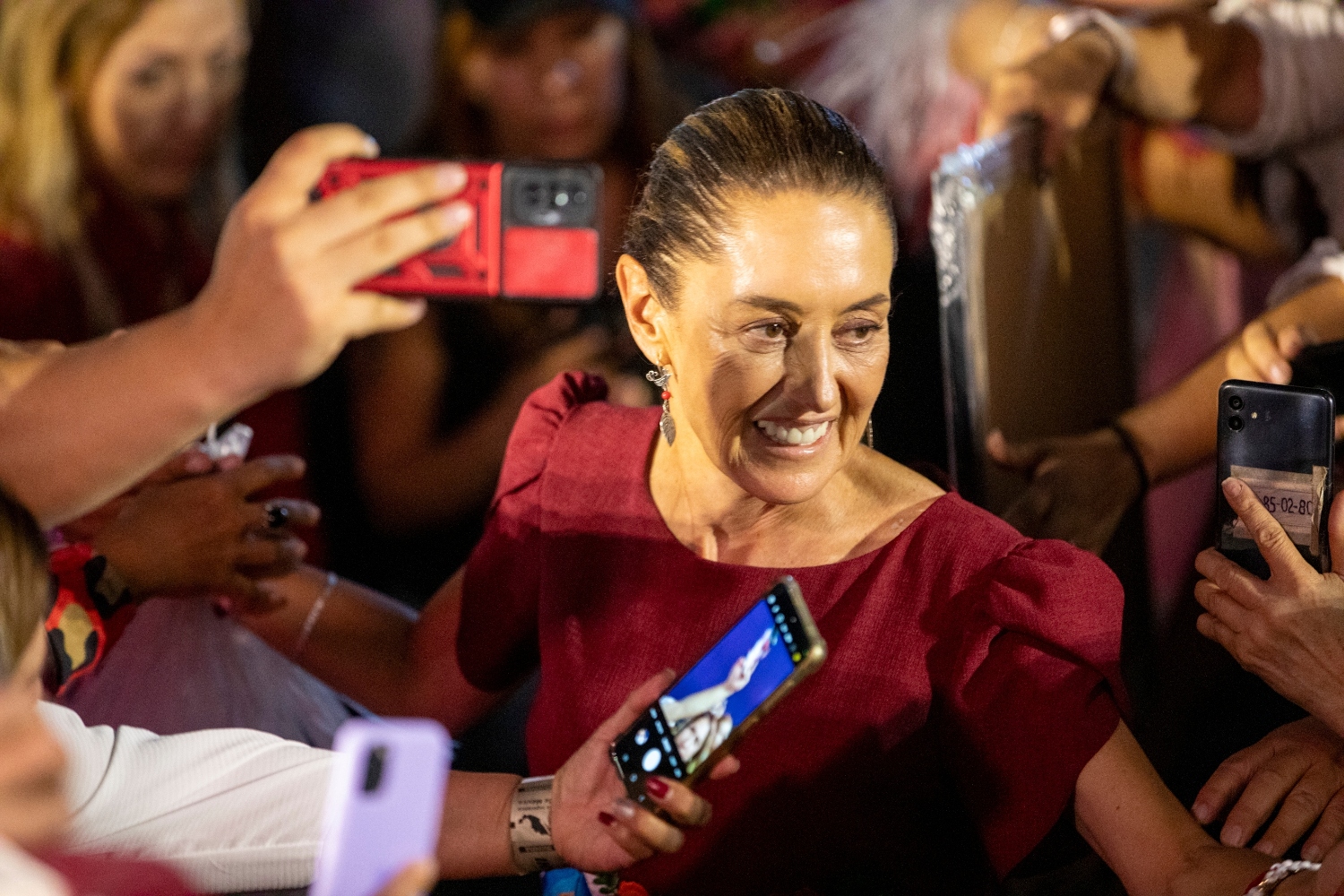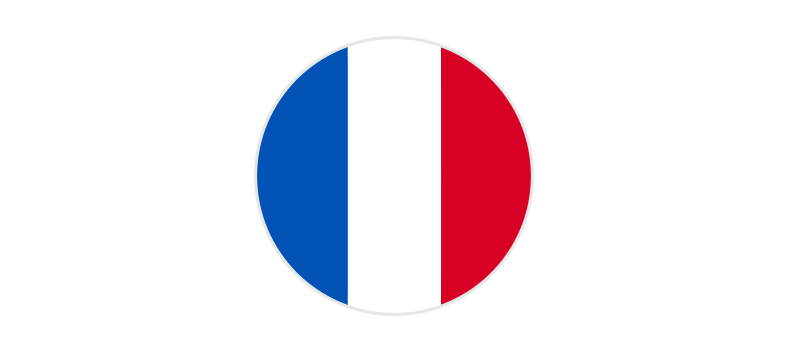In the run-up to the EU elections, four well-known Wageningen researchers have started an initiative to persuade Europeans to give a higher priority to nature and sustainability. These are Wageningen scientists who regularly participate in the public debate, namely Jeroen Candel, Ignas Heitkönig, Arnold van Vliet and Judith Westerink. They have called their initiative EuropeForNature.
EuropeForNature shares expert stories based on science about nature and sustainability. These stories reveal their concerns but also show how Europe could make improvements. The stories are shared via the website EuropeForNature.eu and via social media with the hashtag #EuropeForNature. The initiators’ aim is to get Europeans to give a higher priority to nature and sustainability in the decisions they take, including their decisions in the polling booth on 6 June. In a long article in NatureToday, the initiators talk more about their motivations.
Writing support
In addition to the stories by the ‘founders’, the EuropeForNature website also has stories by professors Tinka Murk (Marine Animal Ecology), Liesje Mommer (Underground Interactions) and Michiel Wallis de Vries (Ecology & Protection of Insects). Various other researchers — from both WUR and other universities — have also made contributions.
And that is only the start. ‘We hope more scientists and experts will be prepared to share their stories — including international researchers. That is why EuropeForNature.eu is available in various European languages,’ says Heitkönig. To make it as easy as possible to write a contribution, he and Liesje Mommer will be organizing a pop-up writing workshop on Friday between 13:00 and 15:00 in the Lumen 2 inner courtyard.
Like & share
The initiators also hope as many people as possible will help spread the news about EuropeForNature by liking the posts and sharing them via their own social networks. There is a detailed explanation on the website of how such boosting works.
Volunteers
EuropeForNature enjoys support from the Wageningen Biodiversity Initiative and Scientists4Future Wageningen. But more help is welcome. For example, the initiative could use the aid of students and researchers who are willing to act as volunteers in maintaining the website, managing the social media, assessing submissions for contributions and so on. The website has more information on how you can take part.

 Photo Shutterstock
Photo Shutterstock 

